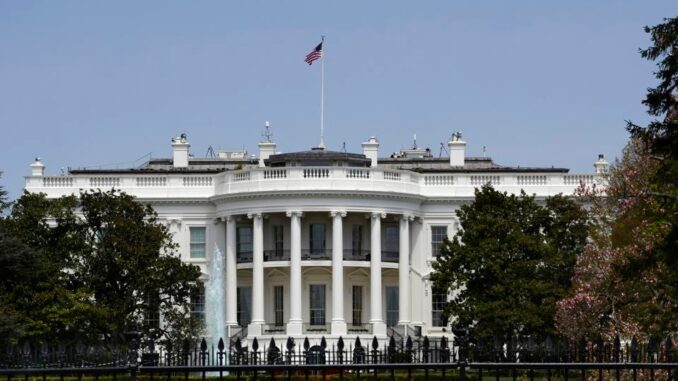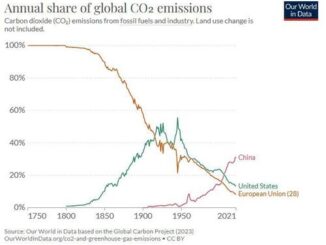
If you think American politics couldn’t get worse, then hold my beer.
The White House seems to have caught a bout of the British disease — a weird and muddled energy policy. You can read the details of the UK’s latest fiasco here. However, the U.S. version is just as entertaining for anyone looking for policy consistency in our elected representatives.
President Biden’s chief energy advisor recently declared the U.S. energy industry to be “unAmerican” according to a report in the UK-based Financial Times. The key paragraph reads as follows:
- “I think that the idea that financiers would tell companies in the United States not to increase production and to buy back shares and increase dividends when the profits are at all-time highs is outrageous,” said Amos Hochstein, President Biden’s international energy envoy. “It is not only un-American, it is so unfair to the American public.”
The article continues with comments about the need for the fossil fuel industry to invest more money in oil production in order to help the American people.
Maybe he’s right. You decide.
But what seems clearer is that Hochstein’s stance is at odds with Biden’s energy policy from earlier in his administration and from the eight-year period when Biden was Vice President reporting to President Obama.
In early 2022 the Biden administration placed a ban on new leases to drill for oil on Federally-owned lands. It looked like a nod to the green movement that Biden and his advisors didn’t care much for the industry as a whole. Still it effectively curbed possible increases in oil production that would, at the margin, have helped reduce gasoline prices.
Of course, Biden’s efforts didn’t last long as a court overturned the ruling. That latter event also occurred as an energy crisis appeared to be taking hold of the western world.
These big-oil hating policies were also evident in the Obama administration, which came to power following a theme of “hope and change.” Evidence of the administration’s actions show that beating up big oil was a key part of the desired change.
Consider a 2015 Politico story headlined “Obama’s Quiet War on Oil.” The piece quoted then-GOP energy lobbyist and strategist Mike McKenna who said:
- Obama and his team “have always been very clear-eyed about their strategy: they want to make affordable, dependable, traditional fuels like oil, gas and coal more expensive. … This is just the natural rush at the finish line.”
Well it seems the alleged goal of making fuel costlier has been achieved. Gasoline has been pricey over the past year.
The issue with the current Biden administration’s energy envoy Hochstein is that he appeared to have done what the Brits call a “reverse ferret,” meaning he quickly and quietly switched the administration’s long-standing energy policy stance after the previous one became hard to defend.
The administration should be embarrassed. Consistency matters.
But that’s a minor point. The real problem is that energy companies such as ExxonMobilXOM -1.8%, Shell, BP, Occidental PetroleumOXY -1.4% and the rest, will be unsettled by the absence of a stable, consistent, or holistic energy policy.
The uncertainty caused by the recent flip-flopping from a single administration is highly likely to deter further investment in oil production. That’s because the oil executives won’t have the comfort that current policies, as forwarded by Hochtstein, will be sustained long enough to warrant putting billions of dollars on the line.
Put another way, it is highly likely oil industry leaders will not trust Democrat administrations on enegry matters for a long while.



